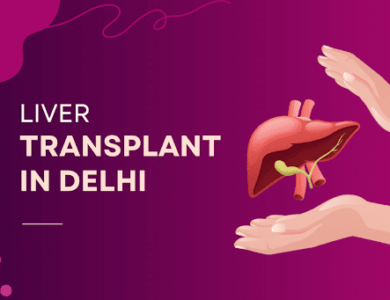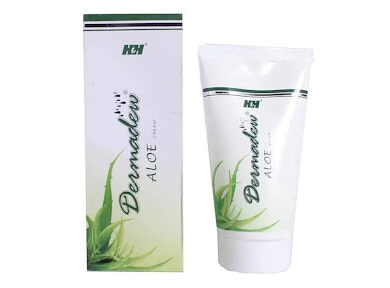Learn About ADHD Medication Rebound and How to Manage It

Your child is doing fine on ADHD meds – until it starts to wear off. Then she suddenly develops a whole range of serious mood and behavioral symptoms. If this sounds familiar, you’re not alone: Your child is experiencing what’s often called medication rebound. A small percentage of children with ADHD experience these rebound effects at the end of their drug treatment. Rebound, however, is the result of how quickly your child metabolizes the drug. Yes, she can take a “four-hour pill”, but that’s an average duration of effectiveness.
When the drug’s effect wears off. People sometimes experience negative side effects such as a marked change in their behavior. Excessive mood swings, irritability, anger, sadness, crying, fatigue. And even an increase in the severity of ADHD. The effects can be very bothersome and disturbing. And it is important to discuss this issue with the doctor so that transformation health can be corrected.
Bouncing back from side effects
Medication rebound is not the same as a side effect. Side effects are negative reactions to the drug itself. A headache, upset stomach, or loss of appetite can all be side effects of ADHD family therapy near me, and in most cases, they become less of a problem within the first few weeks of treatment.
Rebound, however, is the result of how quickly your child metabolizes the drug. Yes, she can take a “four-hour pill”, but that’s an average duration of effectiveness.
Your child may metabolize the medicine faster or slower. If your child has a high enough metabolism. It may lose potency quickly before it’s too late for the next dose.
The negative impacts of drug rebound
Often drug rebound occurs after school and before bedtime.
It may result from the reality that there is no nurse available to remind. Your child that it is time for medication – and. In many cases, parents are still at work or are distracted by the dinner requirement. And other household chores.
Your child is doing fine on ADHD meds – until it starts to wear off. Then she suddenly develops a whole range of serious mood and behavioral symptoms. If this sounds familiar, you’re not alone: Your child is experiencing what’s often called medication rebound. A small percentage of children with ADHD experience these rebound effects at the end of their drug treatment.
This is the period when children tend to socialize and participate in extracurricular activities. Friendships and team affiliations depend on your child’s ability to respond to instructions from a coach. Collaborate with friends, or just hang out and chat without taking over or offending. If this is when the drug kicks in, it can negatively affect your child’s social. And personal success and sense of well-being.
How to avoid drug rebound
Speak with your son’s doctor about your concerns. Rebound tends to happen more frequently with shorter-acting stimulants that can get out of your system quickly. Sometimes doctors add a very small dose of immediate-release medication about an hour before this rebound effect occurs. So the transition from medication is smoother.
In some people, the rebound effect is reduced in longer-acting stimulants that move more gradually. As always. Good communication with the doctor is essential to correct the negative side effects of the medication. As well as to monitor the overall progress of the treatment. This is the period when children tend to socialize and participate in extracurricular activities. Friendships and team affiliations depend on your child’s ability to respond to instructions from a coach. Collaborate with friends, or just hang out and chat without taking over or offending. If this is when the drug kicks in. It can negatively affect your child’s social and personal success and sense of well-being.



